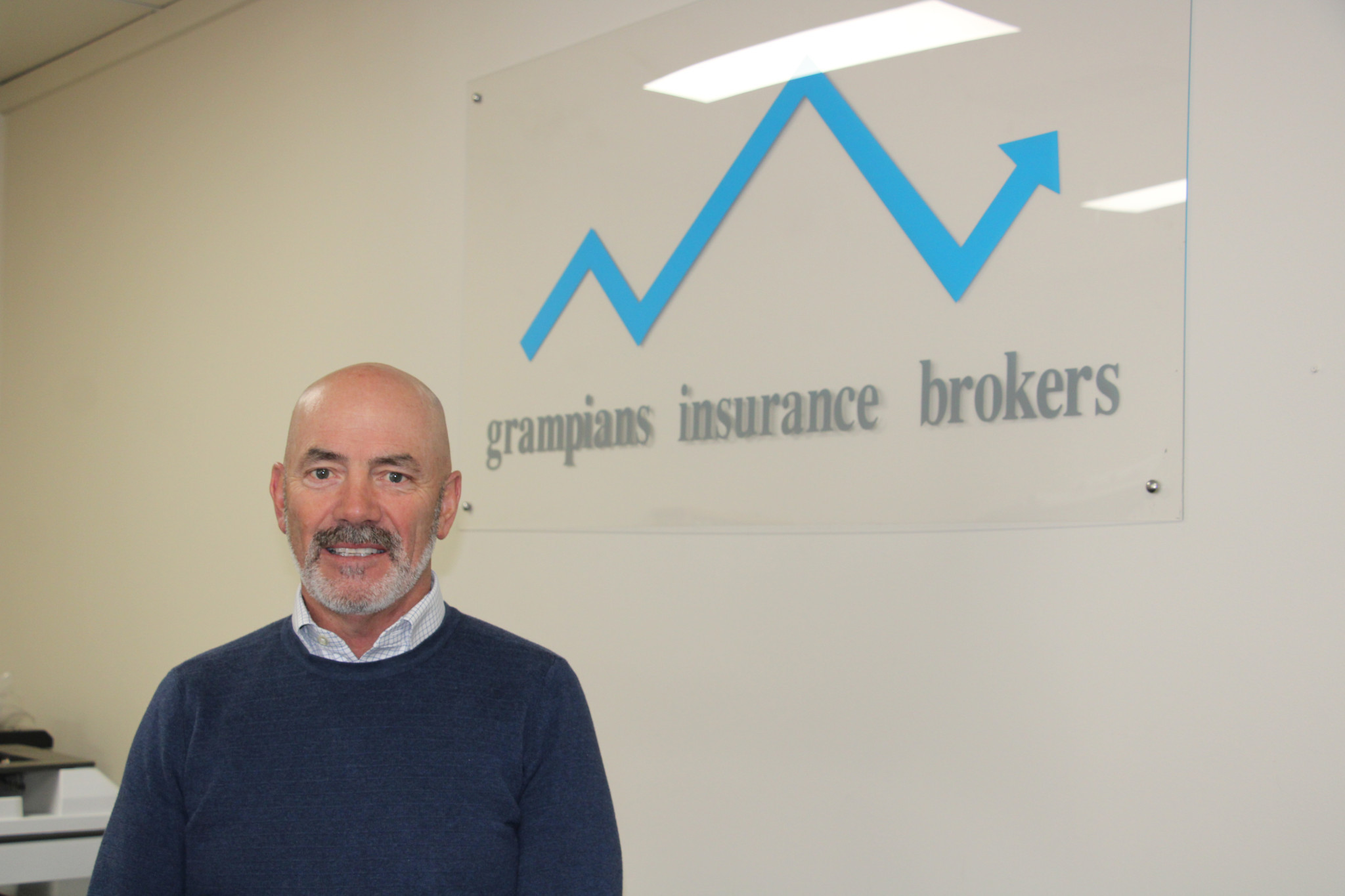General News
14 April, 2025
Technically covered, but practically uninsured
Residents and business owners in parts of our region are facing an insurance crisis, with premiums skyrocketing in the wake of repeated natural disasters and growing climate risks.

Residents and business owners in parts of our region are facing an insurance crisis, with premiums skyrocketing in the wake of repeated natural disasters and growing climate risks.
David Hosking of Ararat and Stawell based Grampians Insurance Brokers, says the pressure has intensified dramatically in recent years with devastating fires throughout the district.
“People are saying, ‘I can’t afford the insurance’, it’s not their fault. In some cases, it’s either impossible or incredibly expensive, especially for tourism industries anywhere there is a significant or perceived amount of risk.”
With increases in premiums reaching up to 500% in some cases, Mr Hosking is seeing how the increase is affecting clients.
“It’s not good for anyone. It’s not good for them as the client, because they can’t get the protections they need. And it’s not good for us as a local business that we are unable to assist our clients,” he said.
“It might take three years, but we’ve seen 100 to 200 per cent increases, sometimes you might see 500% increase it might take three years but that’s still massive. They are extreme examples, but they aren’t rare. It’s unsustainable,” said Mr Hosking.
One of the most frustrating developments, Mr Hosking said, is insurers’ ability to technically claim they still operate in fire-prone regions like Halls Gap, despite setting premiums that are completely unaffordable.
“Insurance companies will say, ‘Oh no, we still cover businesses in Halls Gap’, well they might but they’ll put a premium on it that no one can afford to pay, so technically, they’re correct. That’s how they get around it,” he said.
He shared a striking example where a home in a new housing estate on the edge of Beaufort was denied renewal due to being in an “extreme bushfire zone.”
“It’s in the town of Beaufort. It’s in the new estate. There a few gum trees nearby. It’s no more a fire risk than my house is in the middle of Ararat. It’s a really extreme example of how stupid this has got,” he said.
Mr Hosking says the use of postcode-based risk assessments is not only ineffective, but unfair.
“You need to underwrite an individual risk. Look at that risk. My own house is a 150-year-old weatherboard. If you put that in Halls Gap next to a brand-new double brick construction you can understand why the insurer would be reluctant to insure my house. I could perfectly understand that. But the person with the double brick house shouldn’t be penalised or shouldn't be not looked at for insurance just because they are in a bad zone. That’s just lazy,” said Mr Hosking.
Climate change is compounding the problem.
With more frequent and severe weather events, insurers are struggling to cope, David Hosking acknowledges the challenge.
But, he argues, blanket refusals and skyrocketing costs are not the answer.
“We’ve got a climate issue that’s now led to an insurance issue. You’ve got to fix one to help fix the other.”
Mr Hosking believes it’s time for government action.
“If I was king for a day, I’d call every insurer and say, ‘If you want to keep your licence, you have to offer cover in Halls Gap and Pomonal. You can’t just opt out because it’s difficult,’” he said.
He adds that while insurance is discriminatory by nature, the government has a role to play in holding companies accountable under the terms of their licence.
“That’s the role I see government can play, is to get down with these insurers and say you have an obligation under your licence that we grant you, to offer cover in these regions. Then go to the people and say, ‘We’re making these clowns come here and do this, you've got to lift your game too.’ Don't let people build houses in dumb spots,” he said.
While choosing a higher excess and adding in additional safety measures to property might make premiums more affordable, he warns it won’t drastically reduce costs.
“Still, it can help, ask questions, do your homework, think about where you’re going to build or live or buy and cut the cloth accordingly,” said Mr Hosking.